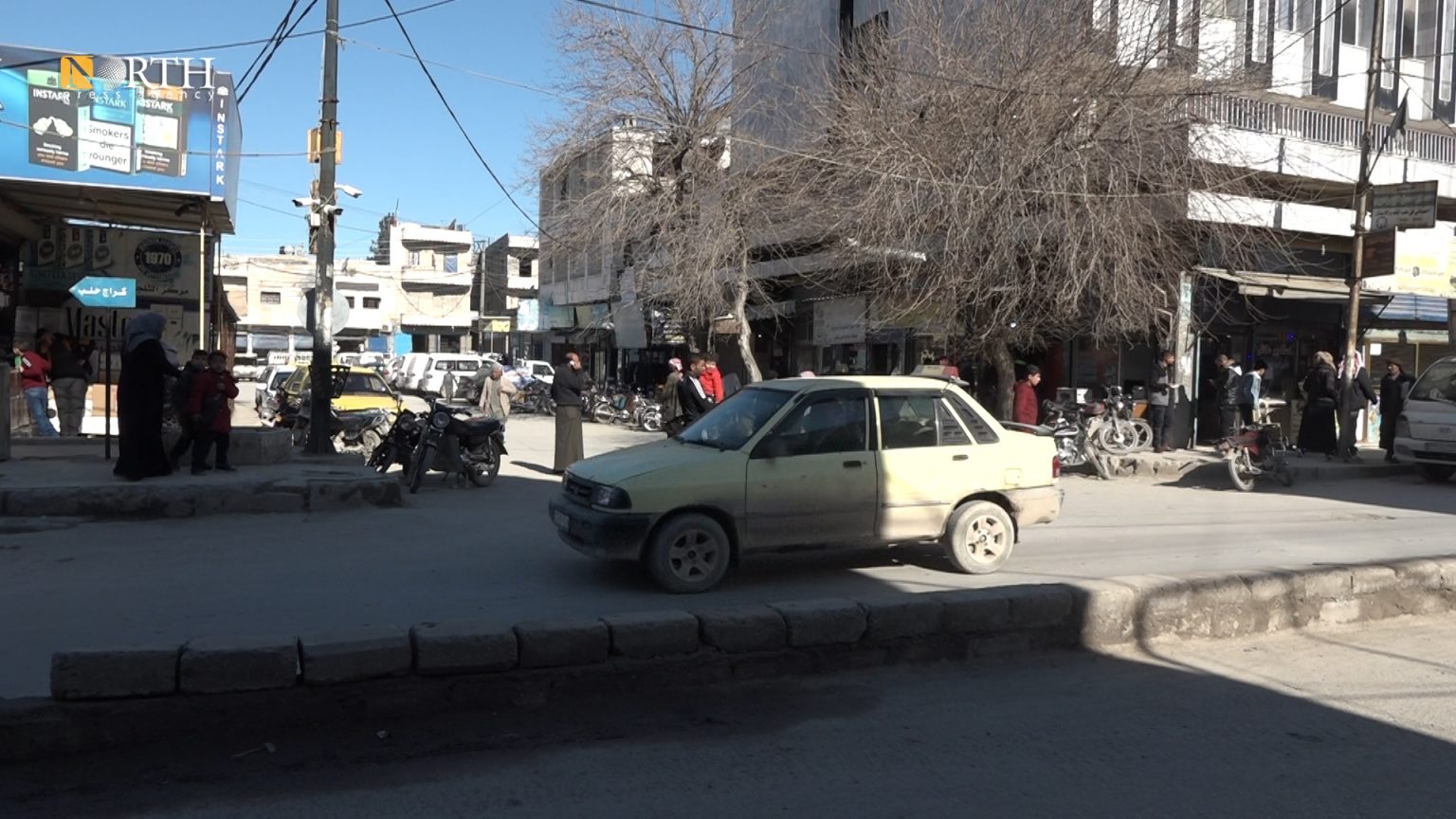MANBIJ, Syria (North Press) – The decrease in electricity rationing hours in the city of Manbij, north Syria, has pushed people to search for alternatives to secure electricity, such as buying generators or installing expensive solar panels.
Recently, most areas in north and east Syria have been witnessing a decrease in hours of electrical supply compared to previous months due to Turkey’s seizure of the water of the Euphrates River.
Two days ago, Official of General Administration of Dams in Northeastern Syria Muhammad Tarboush said that the hours of electrical supply has decreased by about 30%.
Manbij resident Muhammad Ibrahim said, “Regarding the electricity issue, it paralyzed movement in the country because most of the professions and industries stopped, not to mention the medical clinics and shops.”
Many residents and industrialists either bought generators or installed solar panels in order to solve the electricity problem and make their work easier.
However, Ibrahim accused the owners of solar panel shops of exploiting the current conditions and increasing prices of solar panels, not to mention the high prices of diesel in the black market, that reached 90,000 Syrian pounds (SYP) for each barrel.
On Tuesday, the administrator at Tishrin Dam, southeast Manbij, north Syria, Hammouda al-Hamadin, told North Press that Turkish seizure of the Euphrates River had decreased the water level of the Tishrin and Euphrates lakes’ dams.
“If the level continues to decrease, we will start a new rationing program, whereby hours of power will be limited to seven hours only, starting at 5 PM and ending at 12 AM,” al-Hamadin added.
Jihad al-Hammud, a solar panel salesman in Manbij, has denied these accusations and says that he relies on the exchange rate, because the solar panels are sold in the dollar and he sells them in Syrian pounds.
On Thursday, the exchange rate reached 3,840 SYP against the dollar in the city of Manbij.
“Due to the current conditions we are experiencing increasing turnout for solar panels,” he said.
Hamid al-Jamm’an, a generator repairman in Manbij, tied the high costs of repairing generators to the high prices of spare parts.

